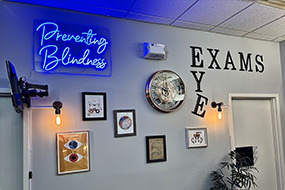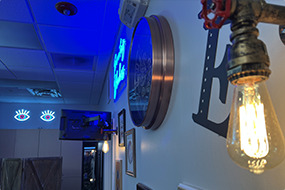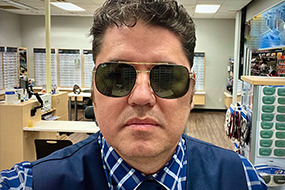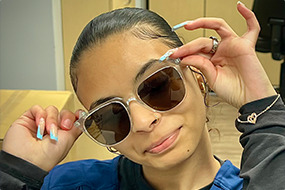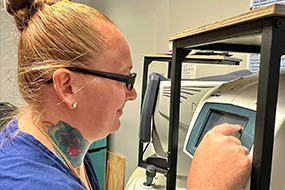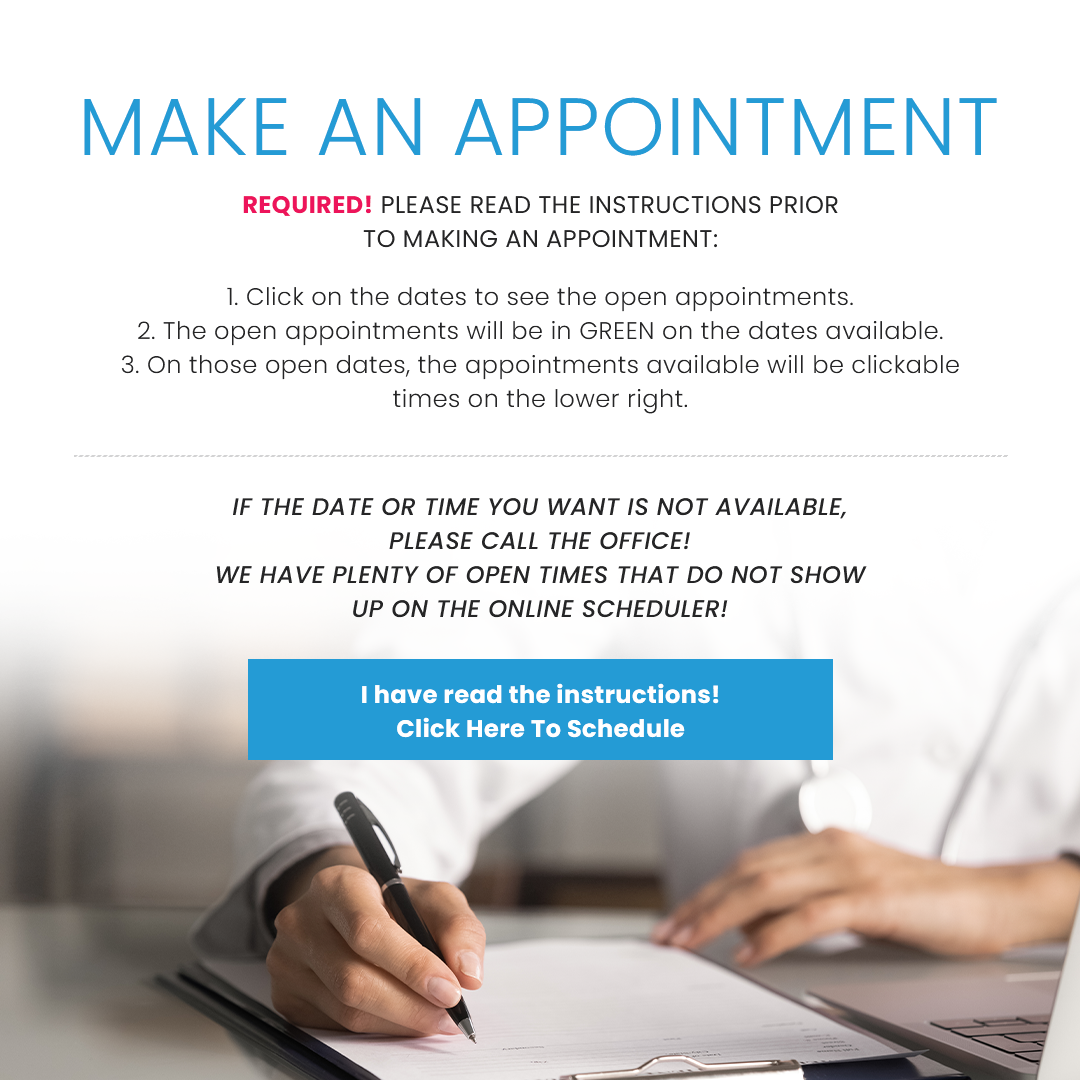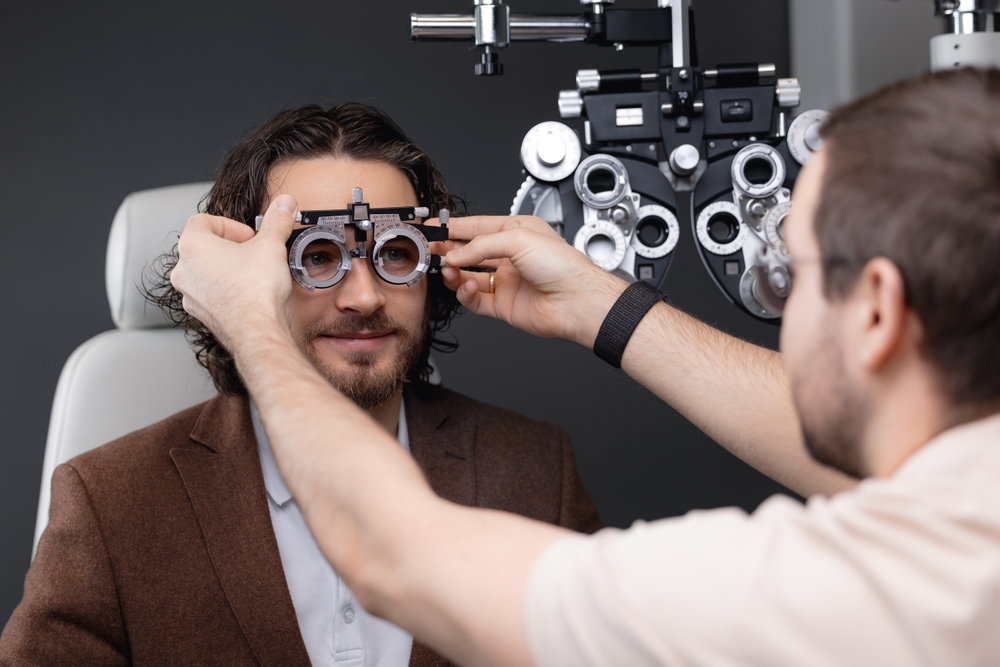
The Importance of Comprehensive Eye Exams: What to Expect
Your vision plays a crucial role in your everyday life, influencing everything from work performance to personal enjoyment. Unfortunately, many people neglect their eye health, often waiting until they experience issues before visiting an eye care professional. That’s where comprehensive eye exams come into play. At Doc Eye, we believe that routine comprehensive eye exams are essential for maintaining healthy eyes and overall wellness.
Why Are Comprehensive Eye Exams Important?
Comprehensive eye exams go beyond just checking your vision for glasses or contacts. These exams are essential for detecting early signs of eye conditions like glaucoma, cataracts, and macular degeneration. Early detection is key, as many of these conditions can develop without noticeable symptoms until significant damage has occurred. Regular eye exams also help monitor your overall health, as they can detect signs of systemic conditions like diabetes, high blood pressure, and even certain types of cancer.
What to Expect During a Comprehensive Eye Exam
When you visit Doc Eye for a comprehensive eye exam, you can expect a thorough evaluation that assesses not just your vision, but your eye health as well. Here’s a breakdown of the process:
1. Medical and Visual History
Your eye doctor will start by asking about your medical history and any symptoms you may be experiencing. This is important for understanding any underlying conditions or medications that could impact your eye health.
2. Visual Acuity Test
This is the part most people are familiar with—the classic eye chart test. It measures how clearly you can see from a distance and helps determine if you need corrective lenses.
3. Refraction Test
If it’s determined that you need vision correction, a refraction test will help pinpoint your exact prescription for glasses or contact lenses. During this test, you will be asked to look through a series of lenses to determine which ones provide the clearest vision.
4. Eye Muscle Function Test
Your eye muscles control how your eyes move, and this test checks for any issues with eye alignment or coordination. You’ll be asked to follow a small object with your eyes as it moves in various directions.
5. Pupil and Eye Movement Exam
By shining a light into your eyes, your doctor can observe how your pupils react to light, which can indicate potential neurological issues. Additionally, your eye doctor will assess how your eyes track and focus on objects.
6. Visual Field Test
This test checks for blind spots in your peripheral vision, which can be an early sign of conditions like glaucoma. You’ll be asked to focus on a central point while small lights flash in your peripheral vision.
7. Slit-Lamp Examination
A slit-lamp examination allows your doctor to take a detailed look at the front part of your eye, including your cornea, lens, and eyelids. This test helps identify any signs of cataracts, corneal issues, or other eye diseases.
8. Tonometry (Glaucoma Test)
One of the key tests during a comprehensive eye exam is the tonometry test, which measures the pressure inside your eye. High eye pressure can be an indicator of glaucoma, a condition that can lead to vision loss if left untreated.
9. Dilated Eye Exam
In some cases, your doctor may use eye drops to dilate your pupils, allowing a closer examination of the retina and optic nerve. This part of the exam is especially important for detecting signs of retinal diseases and other conditions affecting the back of the eye.
How Often Should You Have a Comprehensive Eye Exam?
The frequency of comprehensive eye exams depends on your age, risk factors, and whether or not you wear corrective lenses. As a general guideline, annual eye exams are recommended for most adults. If you have a history of eye problems or health conditions like diabetes, more frequent exams may be necessary.
Optimizing Your Vision and Eye Health with Doc Eye
Comprehensive eye exams are an invaluable tool for maintaining your eye health and ensuring early detection of potential issues. Whether it’s updating your prescription or monitoring your overall health, these exams give you peace of mind and protect your most precious sense—your sight. At Doc Eye, we’re committed to providing thorough and personalized eye care for you and your family.
Schedule your comprehensive eye exam with Doc Eye and take the first step towards better vision and long-term eye health. Visit our office in Waterford, Connecticut, or call (860) 499-3500 to book an appointment today.









